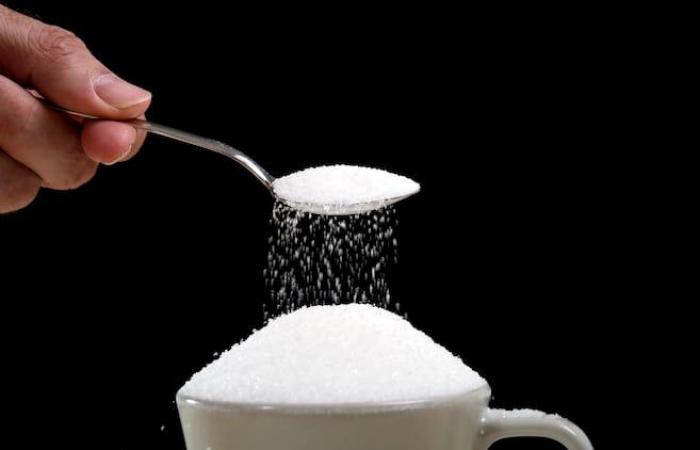Professor Claire Boone, a public health specialist in the economics department at McGill University, and her colleagues examined what happened in the United Kingdom when sugar was rationed in the context of the Second World War. worldwide.
Rationing ended in September 1953, which allowed researchers to compare the situation “before” and the situation “after”.
“This created conditions where people were born within months of each other, but experienced very different levels of sugar exposure depending on their date of birth, compared to rationing,” Professor Boone said. .
By studying some 60,000 people born between 1950 and 1956, they found that the risk of diabetes was 15% lower, and that of hypertension 5% lower, in individuals conceived before that date, but born after, compared to those born after that date. individuals conceived and born after September 1953.
However, it was individuals aged at least 18 months when rationing ended who fared the best, with a 40% lower risk of diabetes and a 20% lower risk of hypertension than individuals who had never been subjected to rationing.
And for people who nevertheless become diabetic or hypertensive, “the age of onset of the disease is delayed by several years, which is also a fairly significant effect,” said Professor Boone.
Rationing limited sugar consumption to levels consistent with current dietary recommendations, but consumption nearly doubled immediately after rationing, the study authors note.
Sugar is obviously not the only commodity to have been rationed during the Second World War, but it is the only one whose consumption exploded as soon as rationing ended, they continue.
Several animal studies have found an association between sugar and type 2 diabetes and other health problems. Clear evidence is more difficult to obtain in humans, since it is difficult to study people from the womb to old age and to separate the effect of sugar from that of other factors related to diet or to the way of life.
Rationing in the UK therefore presented a unique opportunity to carry out a study like this, the conditions of which would be essentially impossible to replicate – for various practical or ethical reasons – in everyday life.
It is very difficult to study diets, Professor Boone recalled. Since we consume many ingredients at the same time, it is very rare for a study like this to isolate a single ingredient and see how it specifically impacts our health. She cites as an example the multiple conflicting studies published on the benefits and/or dangers of coffee and wine consumption.
But “because (sugar) rationing ended a long time ago, we can not only see how it affects our health, but also how it affects it in the long term,” she said.
The mechanics involved are not entirely clear. It is possible that exposure to sugar in utero then predisposes the baby to various metabolic problems. Or, toddlers who consume a lot of sugar may continue to do so as adults.
The conclusions of this study were published by the prestigious Science magazine.






